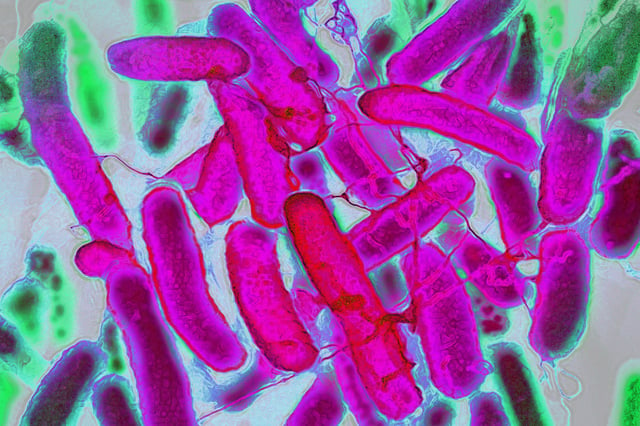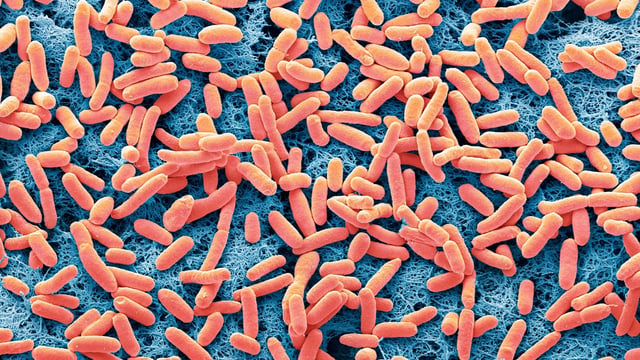Overview
- A UCSD-led study found that colibactin-related DNA mutations are 3.3 times more common in early-onset colorectal cancer cases than in late-onset cases.
- Colibactin exposure in early childhood leaves a distinct mutational signature, with such mutations accounting for about 15% of APC driver mutations in colorectal cancer.
- Researchers analyzed 981 colorectal cancer genomes across 11 countries, identifying colibactin's role in early tumor development, often starting before age 10.
- Efforts are underway to develop stool-based diagnostic tests for colibactin-related mutations to enable early detection of cancer risk.
- Further studies are required to confirm causality, map exposure pathways, and explore preventive measures, including probiotics and dietary interventions.


